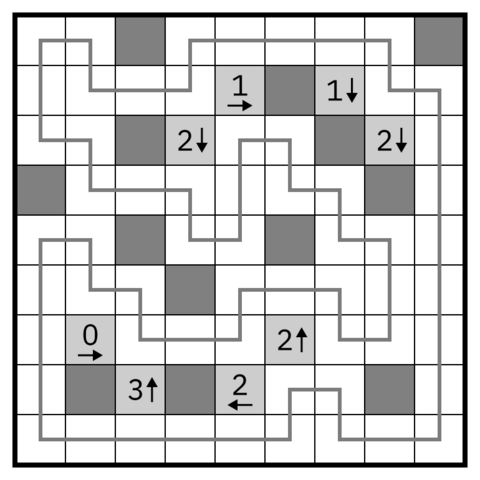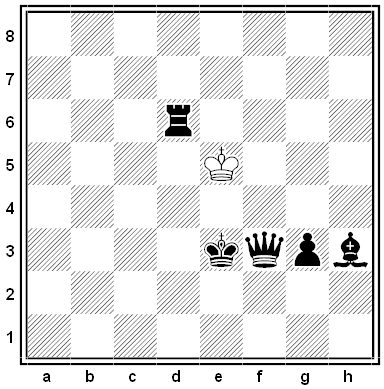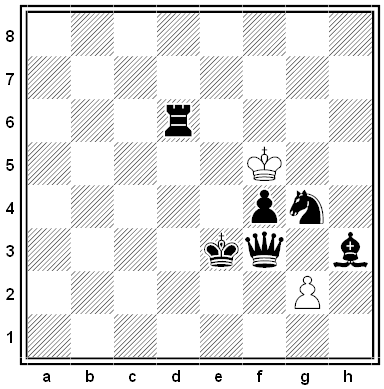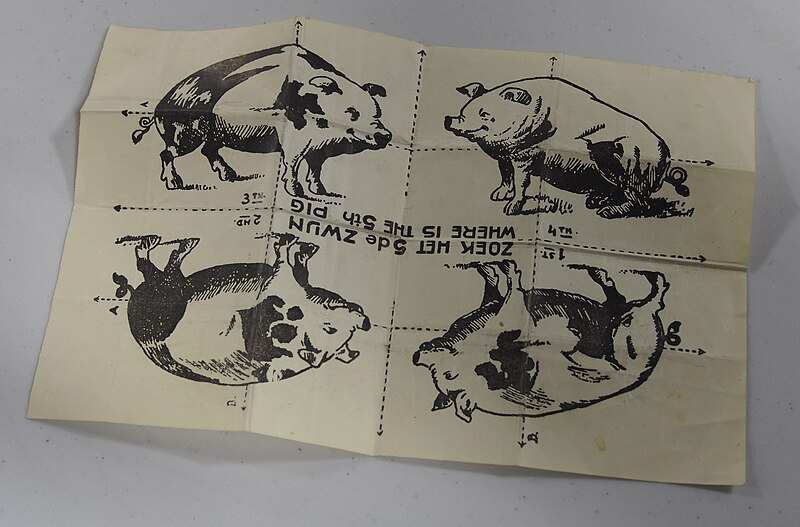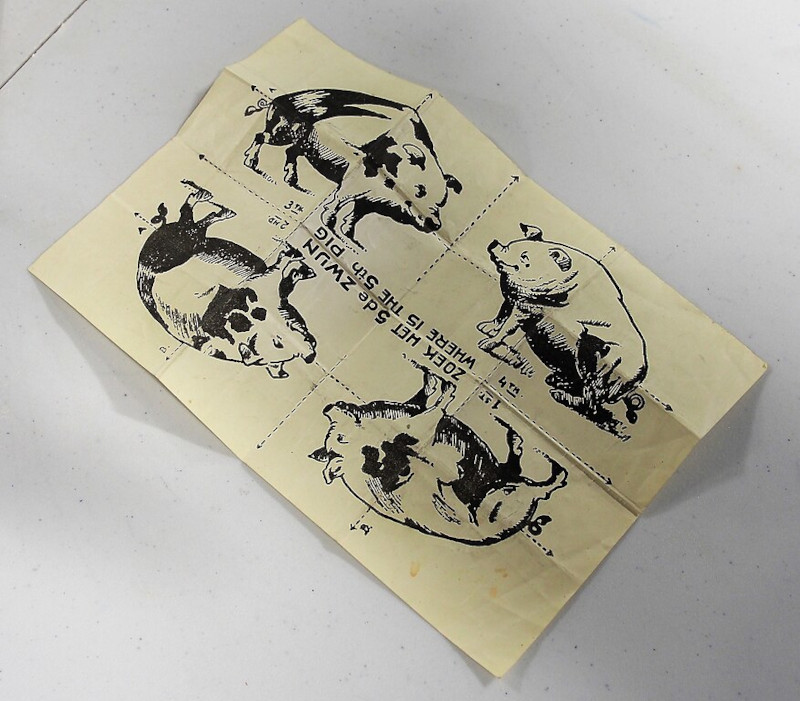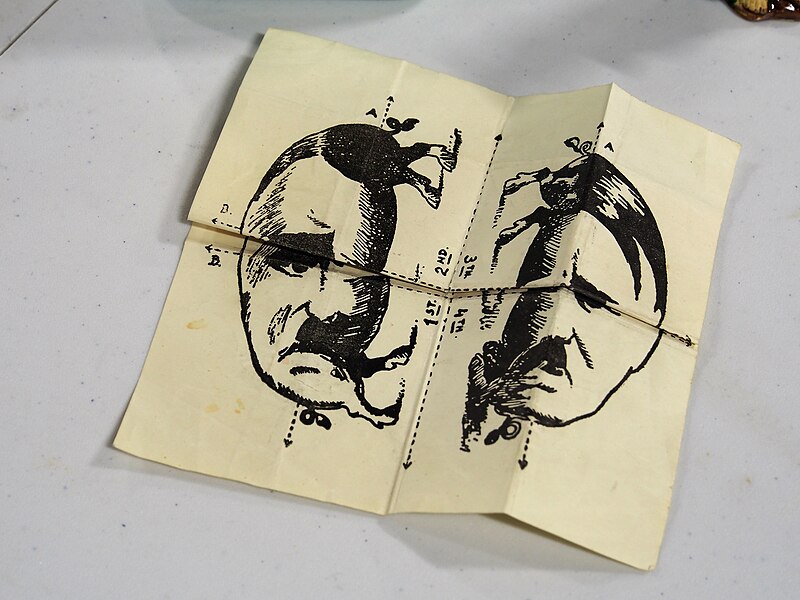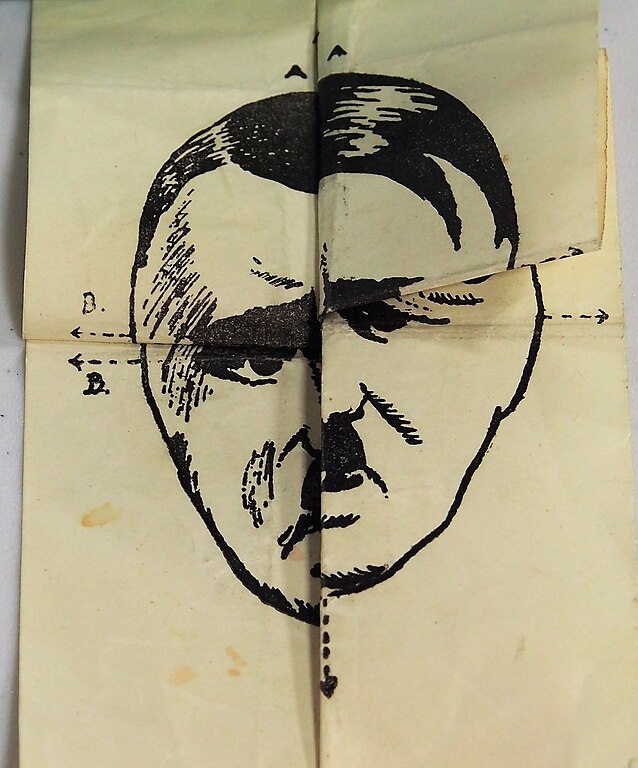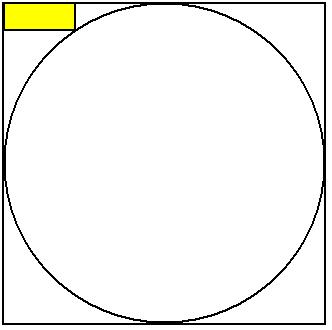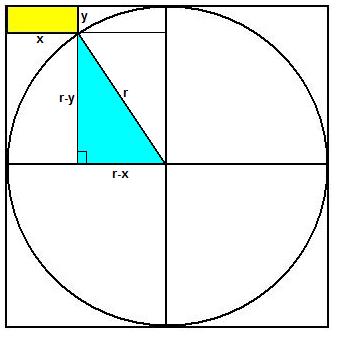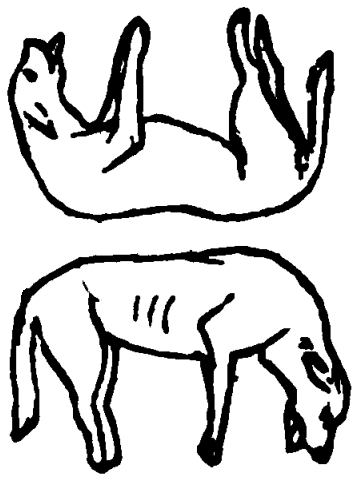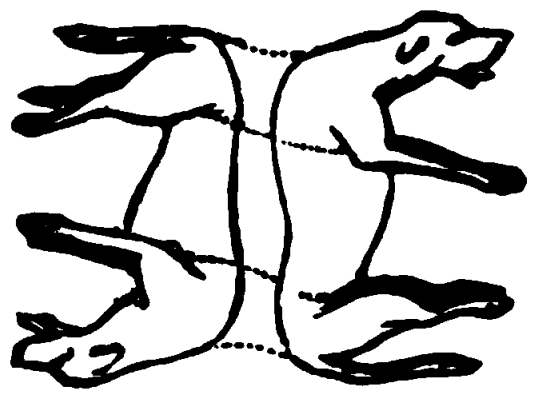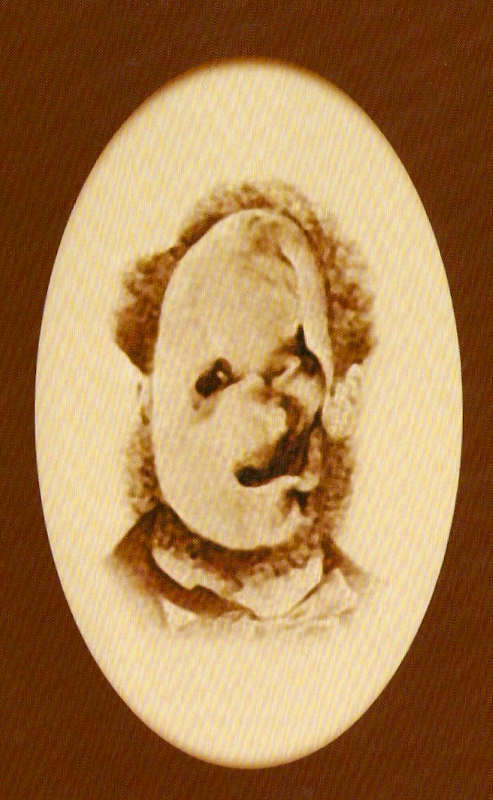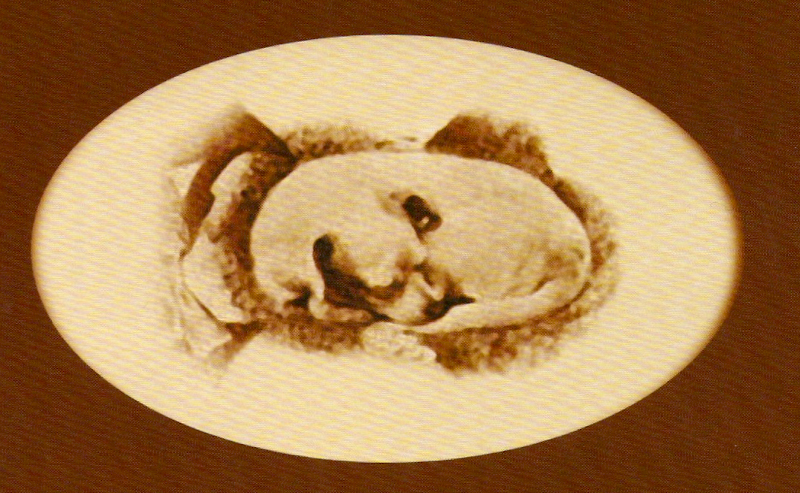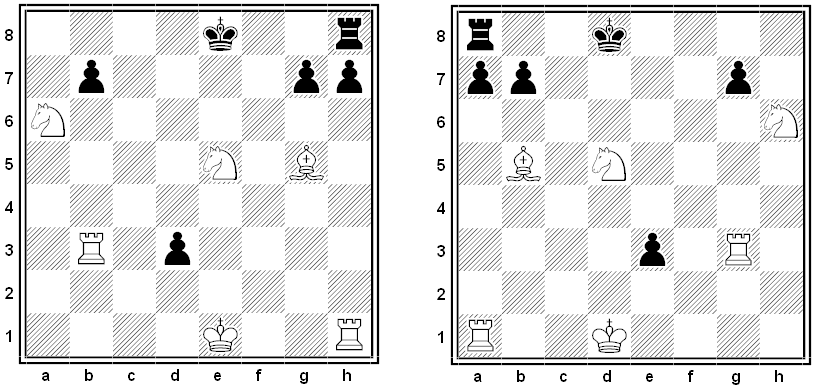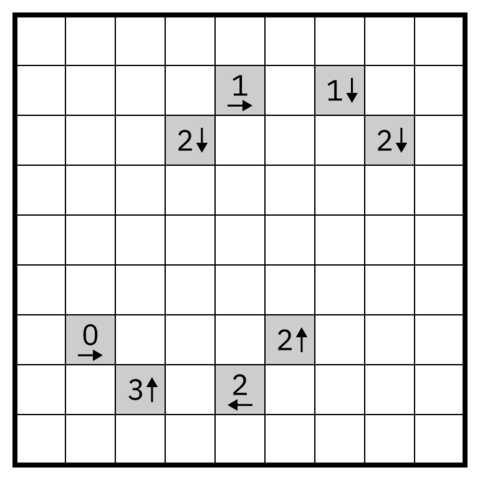
The goal of this logic puzzle is simple: to draw an orthogonally connected, non-intersecting loop that passes through every white square on the board. The trouble is that the board contains some number of black squares, and these are hidden. The only clues to their location are the numbers in the gray squares. In the diagram above, there are exactly 3 black squares in the third file north of the “3” indicator. And there are no black squares on the third rank anywhere east of the “0” indicator.
Gray squares can’t be black, no two black squares are orthogonally adjacent, and there may be some black squares that aren’t referred to by any of the indicators.
Knowing all this (and knowing that a solution is possible), can you determine the location of all the black squares and draw a loop that passes through all the white ones?

